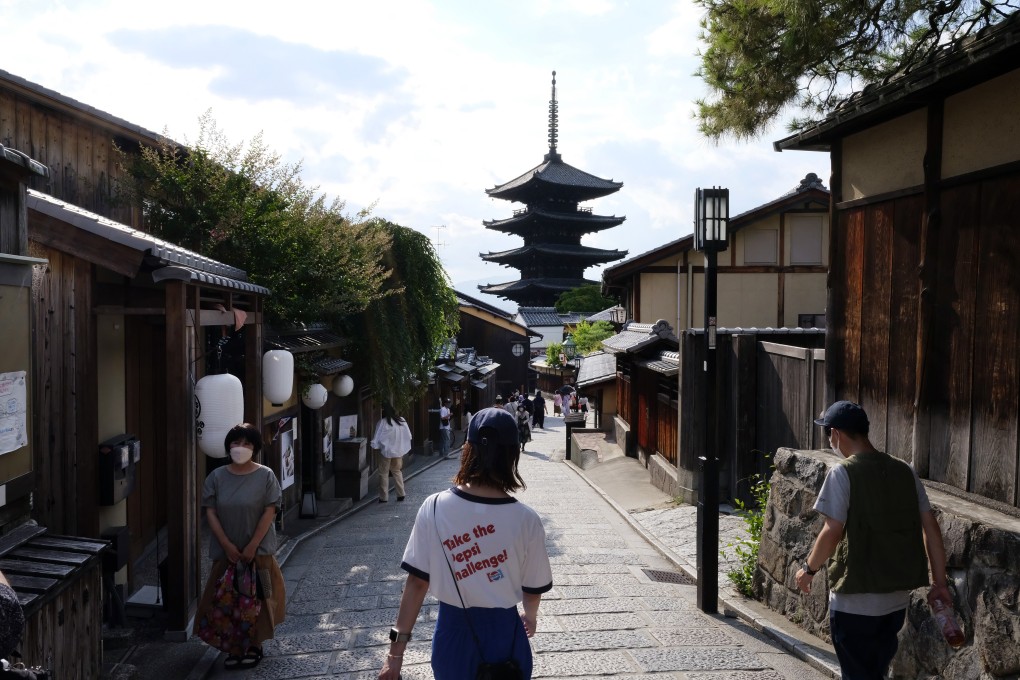Japan travel sector calls for ‘hugely damaging’ Covid-19 entry curbs to end as economy rebounds
- Japan’s economy grew at an annualised rate of 2.2 per cent in the second quarter of 2022, with private consumption up 1.1 per cent, official data shows
- Travel sector says the government should remove entry curbs immediately so more tourists can visit Japan and help boost the economy, spending

Japan’s economy fared better than anticipated in the April-June quarter, but the travel sector insists it could perform even more impressively if the government would only relax restrictions on foreign tourists.
Government statistics released on Monday show that the economy expanded at an annualised rate of 2.2 per cent in the second quarter after recording zero growth in the first three months of 2022.
The Japanese public largely stayed at home in the early part of the year as Omicron swept across the country. Even though a seventh wave of the coronavirus is now raging, people appear to have had enough and are instead going on holiday, eating out, meeting friends and returning to shopping centres – albeit cautiously.
Private consumption was up 1.1 per cent in the reporting period, according to data released by the Cabinet Office. Public investment was up 0.9 per cent, imports rose 0.7 per cent and exports climbed 0.9 per cent in the world’s third-largest economy.
Despite this, the travel sector has insisted more could – and should – be done to get the economy firing on all cylinders again after well over two years of gloom. In the first five months of 2022, just over 387,000 foreign visitors entered Japan, a fraction of the 31.88 million who arrived in 2019.
“The government needs to abolish the regulations that are limiting the number of people coming into Japan, and they need to do it right away,” said Naomi Mano, president and CEO of high-end travel firm Luxurique.
At present, the government permits a daily total of just 20,000 arrivals. Tourists must provide a negative PCR test no more than 72 hours before their flight to Japan, travel in small groups accompanied by a certified guide, can only use approved forms of transport and stay at specified accommodation.
